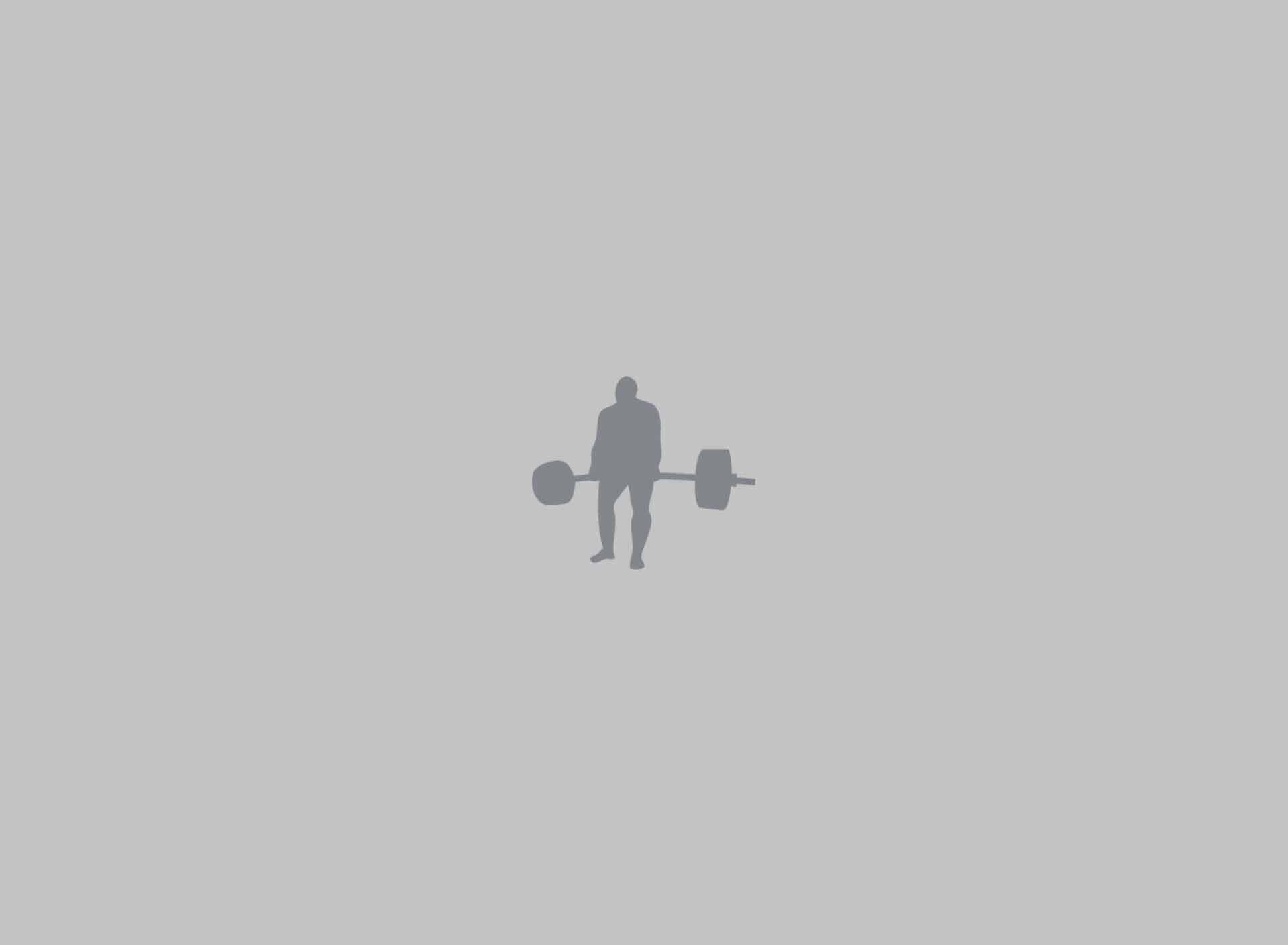Written by Mike Guadango
My primary goal for right after the season is to restore movement function. Typically what I see, is every athlete that walks in my doors – old or young – and has played a full season is loaded with dysfunctional movement & their general work capacity is in the shitter.
The first thing I’ll do is ask if they’ve had any injuries, then evaluate them. I’ll see if there’s anything that I’ve noticed that they haven’t told me. To be honest though, sometimes, I don’t ask for an injury list because I don’t want to have any kind of bias during my eval. I may evaluate, ask for injuries, and then reevaluate.
Sidenote*** It’s always good to get the injury list ahead of time, that way you don’t do something stupid in your eval that could further injure them.
Typically there are 3 main Blocks when programming:
- General Physical Preparation (GPP)
- Special Physical Preparation (SPP)
- Competition Phase.
Between each block is a smooth transition. Each day, week, month, year, decade blends to the next – this is paramount. You do not want to have abrupt transitions – it’s dangerous. Don’t just throw shit to the wall and see what sticks, have a plan.
What I’ve started to develop is what I call my “pre-GPP” block or my “Movement Prep” block. It’s the time where I try my best to prepare my guys to perform the general movements in the GPP block. Now, a lot of you that know your stuff will say to me, “yeah… that’s still GPP.” I’m aware of this, it’s just how I organize things.
In this Pre-GPP block, I will have specific movements that I utilize to restore function of general movements. The stress of this block is geared towards improving:
- Soft tissue quality
- Function of feet
- Function of hip and shoulder girdle
- Posture
- Mobility & stability of injured or potentially joints
- Improve general function of sites that raise orthopedic concern
- Improve general work capacity
This block is typically linear & the progressions can be very quick or very long. It all depends on how the athlete responds. If they respond quickly, I will typically progress quickly, if not, then that’s cool too. I have no problem taking my time.
From here, it will blend into their first GPP block.
Now, anyone that has read or studied anything from the (as Buddy Morris would say) “Late/great Charlie Francis,“ knows that you always work backwards when programming. You find whatever time is needed to perform at the highest level for that season and distribute time/effort/stimulus appropriately throughout the training.
This is where I have a little bit of a difference in opinion with a lot of people. Since starting in this field, I’ve had a lot of realizations. I’ve realized that core work & flexibility are everything, I’ve realized that strength is everything, I’ve realized that speed & power are everything, I’ve realized that mitochondrial density and aerobic capacity are everything & I’ve realized that lactic work will give you cancer and squatting heavy shit for high reps will cure it. Needless to say, there’s been a lot of shit that I’ve realized.
My latest realization is: movement is everything. All these previous realizations come back to movement. If there are shitty movement patterns or quality, chances are you’re going to perform all the aforementioned realizations inefficiently.
Personally, I don’t really care how long someone performs an exercise; they’re not progressing from it until they’re good at it. Doesn’t matter if they’re in Pre-GPP, GPP, SPP, Competition or whatever. If they suck, and continue to suck, then we will either modify it or stay where we are and that’s all there is to it. If in the SPP block, they need to perform cleans and/or snatches as the CNS stimulus, but they can’t properly deadlift, then we’re finding a new stimulus for that block. If they can’t perform the first part of the complex movement properly, it’s going to setup the rest of the movement for failure right from the get go. Sure they might not get injured right away, but it just lays the groundwork for something to tweak. And again, sure, it might night happen under your watch in the gym, but it may work it’s way onto the field – where you’re not obviously responsible, but it’s probably your fault.
Side thought – Why do doctors get sued for malpractice but strength coaches don’t? Sounds a little ridiculous to me… Especially since I’ve known a few guys that have done significant damage.
What people fail to realize about this process that we aid our athletes in is the name of it: TRAINING. We are TRAINING these athletes. Our job is to help them move correctly and hope that the training translates onto the field for improved sports performance. The only reason we should be performing a movement is if it enhances their sport performance. That’s it. If you’re doing a movement and can’t think of how it will translate onto the field, then there’s a good chance you shouldn’t do it. OR, sometimes, what’s even worse – if you’re doing something and it has too much of a transfer onto the field, it may be too advanced, and there’s a good chance you shouldn’t do it. Keep it simple.
I’ve given up on training guys to be bigger, stronger, faster, etc. If it doesn’t improve their on the field performance, I don’t care about it.





